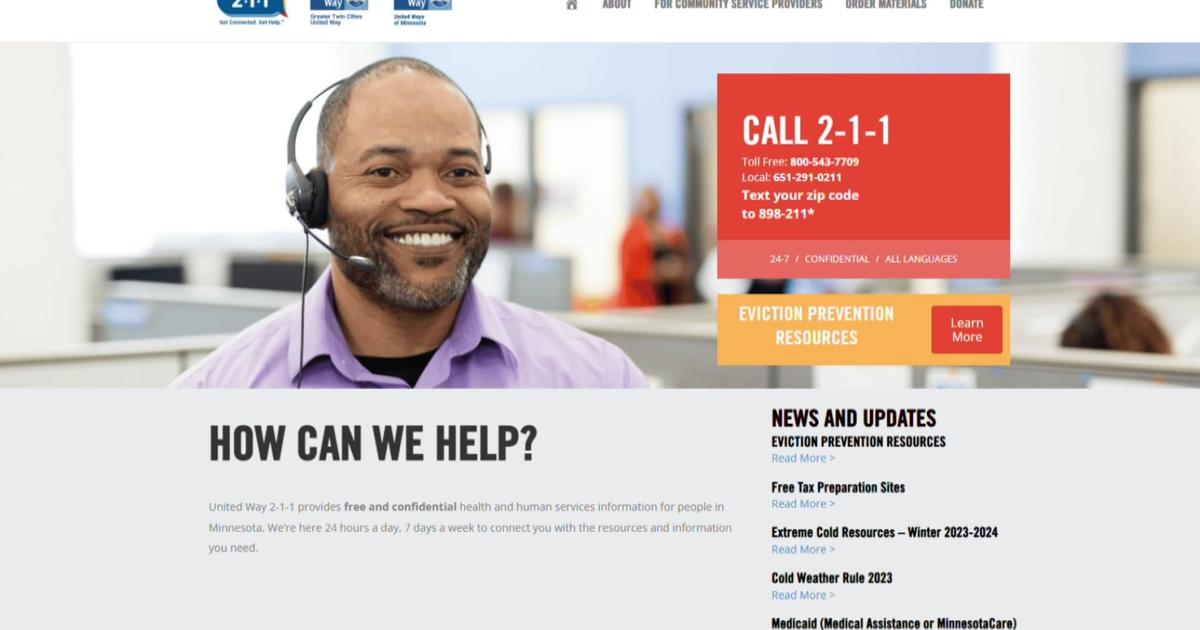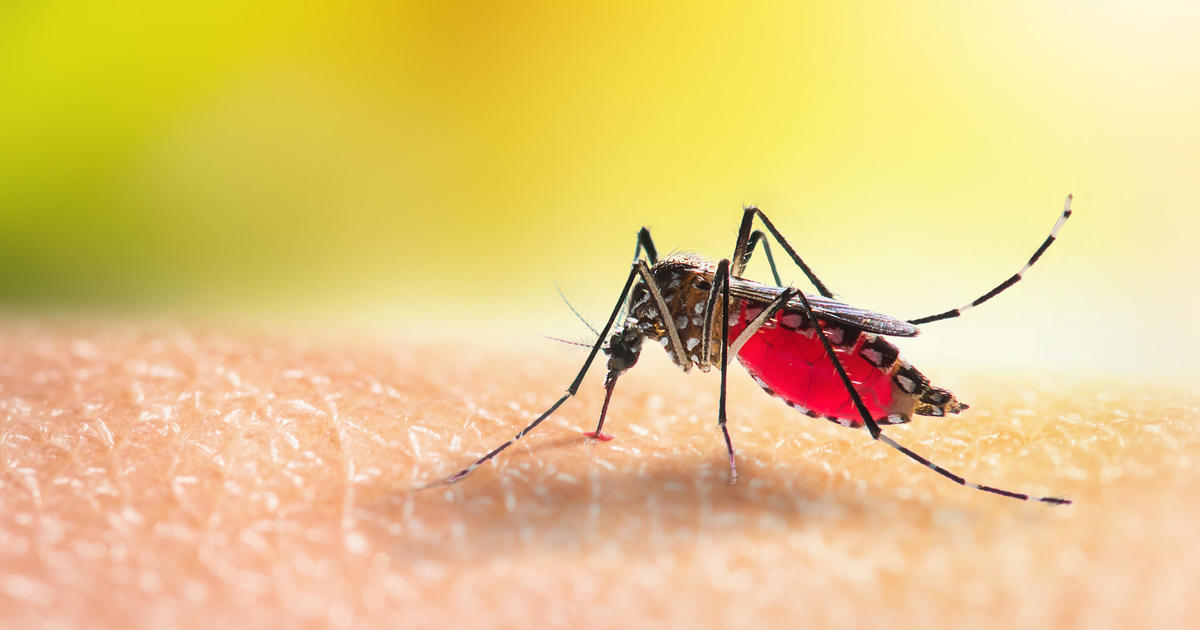Evidence For The Benefits Of Flossing 'Weak, Very Unreliable'
MINNEAPOLIS (WCCO) -- We have always been told: floss your teeth. That recommendation could change, depending on who you ask. The Associated Press found the government admitted the effectiveness of flossing had never been thoroughly studied. Their research found the studies that had been done found the evidence for flossing is "weak or very unreliable."
"Got to make a little c. C shape all the way down below the gums," explains Dr. Brian Peters at Mill District Dental.
Dentists have long recommended flossing your teeth, and that's not going to change anytime soon.
"Generally speaking floss is the gold standard," Peters said.
Peters said people who floss minimize dental disease and improve their oral health.
"Brushing just doesn't get the plaque and bacteria debris and the biofilm. We see a direct correlation to the people who daily clean plaque and bacteria between their teeth and related to improved health of their gums," Peters said.
Julie Lo tells her kids to floss.
"It doesn't really depend on what the research is or who does or who doesn't do it, it's a hygiene thing," Lo said.
"I like flossing my teeth," said her daughter Ella Vue.
Those who don't floss, don't plan to start.
"Because I have very tight teeth," Cindy Muellner said.
Peters said while research may show there's not enough research to prove flossing works, he sees the benefits daily.
"Keep flossing, floss, floss, floss. You've got to do something to break up the plaque between the teeth because there's no substitute," Peters said.
And Peters tells patients to do their best when it comes to flossing. If you floss once a week, try flossing an additional day or two and go from there.



